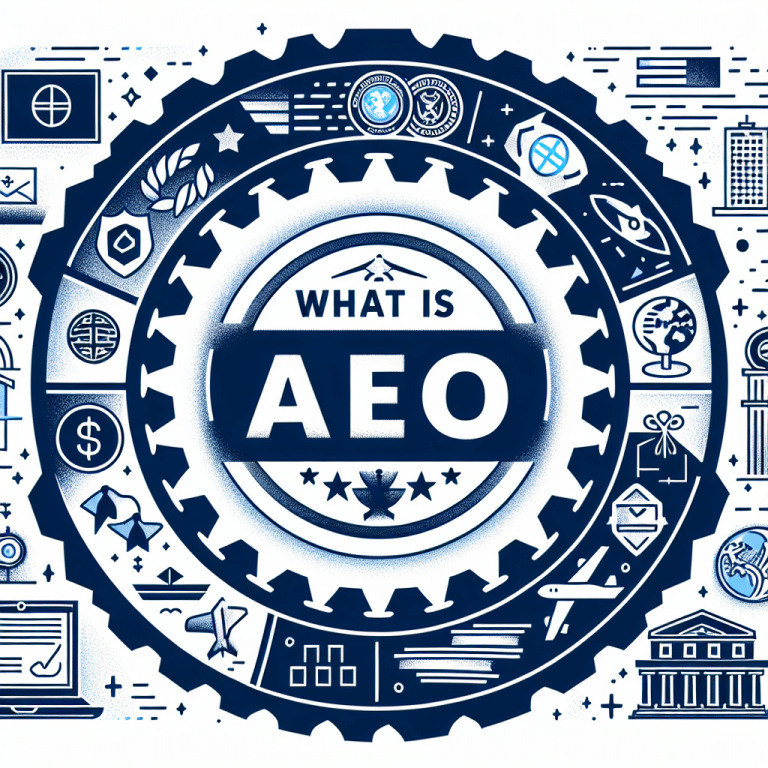Understanding Search Engines: The Gatekeepers of the Internet
Search engines serve as the navigational backbone of the internet, guiding users through the vast expanse of online information. From Google to Bing, these tools have transformed the way we access and comprehend data, making them fundamental to our digital experiences.
What is a Search Engine?
At its core, a search engine is a software system designed to carry out web searches. Users input keywords or phrases, and in return, the search engine generates a list of results it deems most relevant. This capability is underpinned by complex algorithms that consider various factors to rank websites and content.
How Search Engines Work
-
Crawling: Search engines deploy automated bots, known as crawlers or spiders, to discover new or updated pages on the internet. These bots traverse the web by following links, collecting information about every page they visit.
-
Indexing: Once a page is crawled, it’s indexed. During this phase, the search engine analyzes the content, context, and structure of the page to categorize it appropriately. The indexed information is stored in a gigantic database, allowing for quick retrieval during a search.
-
Ranking: The final step is ranking. When a user performs a search, the search engine sifts through its index and ranks the pages based on relevance, authority, and numerous other factors such as keyword usage, site structure, and user engagement metrics. This ranking determines the order in which search results appear, with the most relevant content typically displayed at the top.
Key Features of Search Engines
-
search Algorithms: Each search engine employs a distinct algorithm that influences how results are ranked. Google’s algorithm, for instance, utilizes thousands of factors, including PageRank, which assesses the importance of web pages based on links.
-
SEO (Search Engine Optimization): This is the art and science of improving a website’s visibility in search results. By optimizing content with relevant keywords, enhancing site structure, and building backlinks, businesses and individuals can increase their chances of appearing higher in search results.
-
User Experience (UX): Modern search engines not only prioritize relevance but also user experience. Factors such as loading speed, mobile compatibility, and overall user engagement play crucial roles in ranking.
-
Search Intent: Understanding what users are looking for—whether it’s information, a specific website, or a product—helps search engines deliver relevant results. This aspect has spawned various types of searches, including informational, navigational, and transactional queries.
Types of Search Engines
-
General Search Engines: These include giants like Google, Bing, and Yahoo, which cover the broad spectrum of the internet.
-
Vertical Search Engines: Focused on specific industries or types of content, vertical search engines are tailored for particular niches, such as job searches (Indeed) or academic research (Google Scholar).
-
Meta search Engines: These engines aggregate results from multiple search engines, providing users with a broader array of options. Examples include DuckDuckGo and Dogpile.
-
Specialized Search Engines: Designed to search a specific type of content, these engines might focus on images (Google Images), videos (YouTube), or academic papers (Microsoft Academic).
The Evolution of Search Engines
Since the inception of the first search engines in the early 1990s, the landscape has evolved dramatically. Early search engines functioned primarily through keyword matching, offering limited functionality. The advent of Google in the late 1990s revolutionized the industry, introducing sophisticated algorithms that emphasized relevance and user experience.
Over the years, enhancements have included voice search, image recognition, and more recently, artificial intelligence. AI technologies enable search engines to better understand natural language, recognize user intent, and provide personalized results, leading to a more intuitive search experience.
Challenges and Ethical Considerations
As search engines have grown in power and influence, they have also faced criticisms and challenges. Concerns about privacy, data collection, and the monopolistic nature of some leading search engines have sparked debates on regulation and ethical practices.
Search engines also grapple with the challenge of misinformation and bias, working to ensure that users receive accurate and trustworthy information. As content becomes increasingly dynamic and user-generated, maintaining the integrity of search results becomes ever more critical.
In summary, search engines are powerful tools that shape our online interactions and influence how we access information. Their continual evolution reflects the ongoing need for relevance, user-friendliness, and ethical responsibility in an increasingly complex digital landscape.









